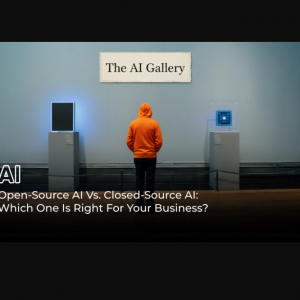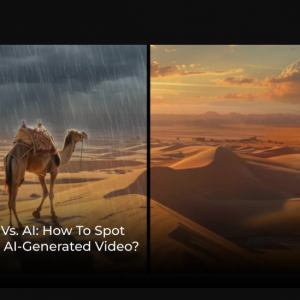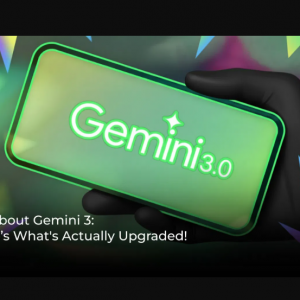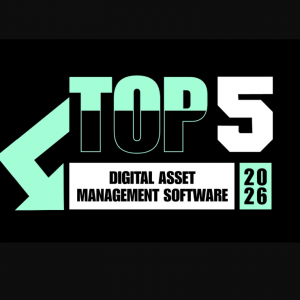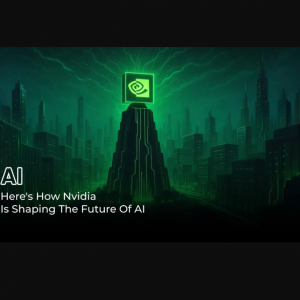Search Engine Marketing (SEM) is evolving rapidly — and 2026 is shaping up to be a turning point. As search behavior changes and AI-powered tools reshape the search landscape, marketers must adapt their strategies to stay visible, relevant, and effective. Here are the key trends to watch.
Search-Everywhere & AI-First Search (GEO / Generative Search)
With the growing popularity of AI-powered search tools and generative search engines/assistants (not just traditional search engines), visibility will no longer mean just ranking on one search engine. This shift has given rise to what many call Generative Engine Optimization (GEO) the practice of optimizing content so it surfaces in AI-generated summaries, answers, or assistant-driven results. As a result: content strategies need to focus on clarity, authoritative information, structured data and comprehensive answers (not just traditional keyword-centric content).
Hyper-Personalization & First-Party Data Marketing
With increasing restrictions on third-party cookies and heightened privacy concerns, marketers in 2026 will rely heavily on first-party data — direct user data, logged-in user behavior, consent-based tracking. This data enables hyper-personalized ads, dynamic content, and tailored landing pages — offering relevance and improved engagement — essential in a crowded digital marketing space.
Read More @ https://www.techdogs.com/td-articles/techno-trends/top-search-engine-marketing-trends
Zero-Click & Featured-Answer Optimization
The rise of AI overviews, “instant answers,” and featured snippets means many users no longer click — they get answers right on the search/assistant results page. For SEM and content marketing, this means the goal often shifts from “drive clicks” to “get featured,” by providing concise, authoritative answers, using structured markup (schema), FAQs, and content formatted for snippet-friendliness.
Visual, Voice & Multimodal Search Integration
2026 will see greater reliance on non-text search: voice search (through smart assistants), visual search (image or video-based queries), and possibly multimodal search (mixing text, image, voice). Marketers will need to optimize for conversational queries (long-tail, question-based), image metadata (alt text, structured data), and video/visual assets to stay discoverable across these modes.
User-Generated Content (UGC), Community & Trust Signals Gain SEO/SEM Value
In a landscape saturated with AI-generated content, search engines are placing higher value on authenticity. Thus, user-generated content — reviews, testimonials, community/forum content — is becoming more valuable for organic visibility. Building communities, encouraging reviews, forums or Q&A content can improve brand credibility and visibility in search results.
Video & Multimedia Content as Core SEM Strategy
Video content — especially short-form or easily digestible — is becoming a must-have, not just a “nice to have.” Videos now often show up in search results, and count toward visibility and engagement. Marketers must optimize video metadata, transcripts, thumbnails; integrate video into SEM campaigns; and treat video as part of the core content mix.
Integrated, Multi-Channel Marketing — Beyond Traditional Search / Ads Silos
The divide between SEO, PPC, content marketing, social media, and other channels is blurring. In 2026, a cohesive strategy across channels — combining search, social, content, ads and personalization — will be key. Marketers must consider the full customer journey: from discovery (voice, visual, AI-search) → engagement (content, video, community) → conversion (ads, personal landing pages) → loyalty (email, CRM, retargeting).
Authority, Expertise & Trust — The New Ranking/Conversion Currency
As AI overload and generic content rise, search engines and users increasingly value genuine expertise, trustworthy content, transparent authorship, social proof — often summarized as E-E-A-T (Expertise–Experience–Authoritativeness–Trustworthiness). Brands that build real authority — through expert content, community engagement, meaningful user interaction — are more likely to perform well both in organic search and SEM campaigns.
Why These Trends Matter in 2026
The search landscape is fragmenting users no longer rely solely on one search engine but on a mix of AI assistants, voice search, visual search, social platforms, and traditional SERPs. To stay relevant, marketers must diversify and optimize across all these channels. Traditional SEO/SEM practices (keyword stuffing, generic content, one-size-fits-all ads) are becoming less effective. The focus is shifting to value, authenticity, experience, and adaptability.
Personalization, first-party data, and privacy-conscious marketing are no longer optional — they are essential. For businesses and content creators: 2026 demands a more holistic, integrated marketing mindset — weaving together SEO, SEM, content, community, video, data, and user experience.
Read Fill blog @ https://www.techdogs.com/td-articles/techno-trends/top-search-engine-marketing-trends
About Techdogs:
Techdogs is a premier global tech media platform, delivering personalized, real-time insights through articles, case studies, videos, and live events. With a reach across 67 countries and a mission to make complex tech accessible, Techdogs empowers professionals to thrive in a rapidly evolving digital world.
Contact Us:
For more information, please visit www.techdogs.com
For Media Inquiries, Please Contact:
LinkedIn | Facebook | X | Instagram | Threads | YouTube | Pinterest


